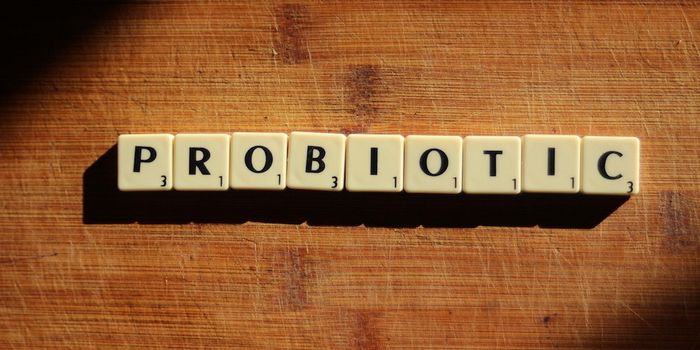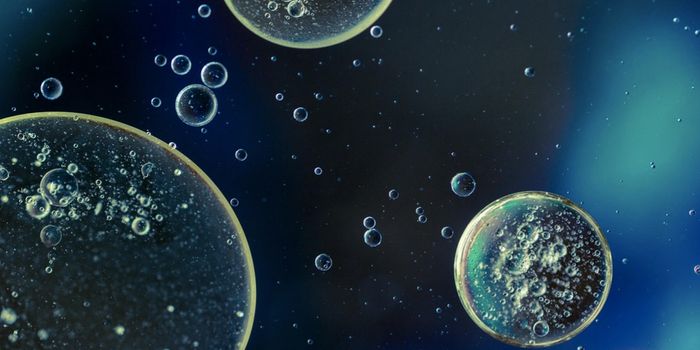Scientists Sound a Warning About Mirror Life
Organic molecules have a property known as chirality, in which the structure can be either 'right-handed' or 'left-handed,' with one being the mirror image of the other. Llife on earth is homochiral, and molecules like DNA are constructed of 'right-handed' nucleotides, while proteins are derived from 'left-handed' amino acids.
Some groups of scientists have started to embark on projects that would eventually lead to simple lifeforms made entirely from mirror image molecules, mostly driven by curiosity and the possibilities of how such molecules or organisms could be used. But these organisms are radically different from the life that Earth and its ecology has evolved to deal with. And although their full realization is probably still a decade or more in the future, a large group of prominent researchers has decided to warn against the production of these mirror life forms. In a report published in Science, they noted that we still have time to consider the risks of such projects, and to ask whether we should be doing this. They are calling for a discussion and consensus about how to move forward and establish regulatory frameworks.
The scientists noted that others have already warned of the possible disasters and risks posed by mirror life, but a thorough analysis of these risks had not yet been completed. So they gathered a group of experts from a wide range of fields including microbial ecology, synthetic biology, evolution, biosecurity, global health, and many others. Researchers who have wanted to pursue mirror life as a research project were also included in this endeavor.
The paper is focused on the production of mirror bacteria, although the authors noted that these conclusions might apply to other forms of mirror life as well.
The authors concluded that mirror bacteria pose many risks. They are likely to cause lethal infections in plants, animals and humans if they are able to infect the cells. They would probably evade being infected by viruses that specifically infect bacterial cells, which are known as bacteriophages. These viruses are sometimes considered to be a great line of defense against antibiotic-resistant bacteria, so if mirror bacteria were created that could not be destroyed by either drugs or bacteriophages, people or other creatures that could be infected may be at great risk.
The researchers also noted that we simply cannot know the consequences if such as organism were to be unleashed, as it could spread in various ways throughout many parts of the environment. A mirror bacterium could become an invasive species that could infect many different cells with untold impacts. Even a mirror bacterium that was limited to only some hosts may "still cause unprecedented and irreversible harm."
The report noted that we should understand what kind of threats might be posed by mirror life, particularly if we should be confronted with it. So there are some questions that should be investigated, such as how biomolecules might interact with the immune system. These questions could also be answered without actually producing mirror life, they said.
The group added that they are now planning talks to center on this issue for 2025, and that they are confident that a system of governance and oversight can be created without interfering with valuable scientific research. However, the report also stressed the need for transparency, dialogue, and the importance of an open and international setting to promote trust in their conclusions.
Source: Science









